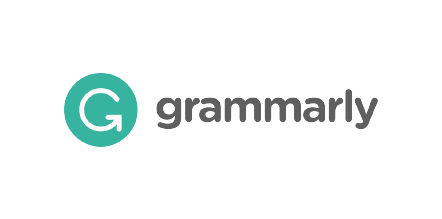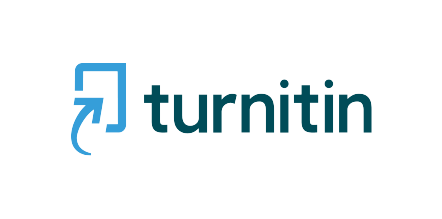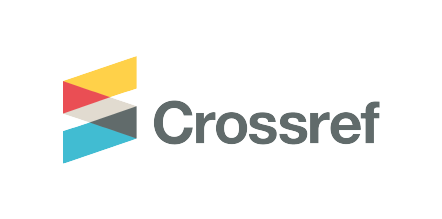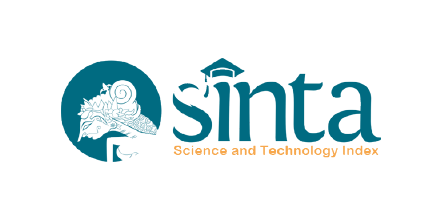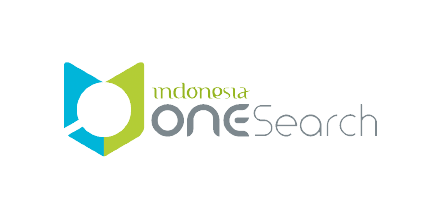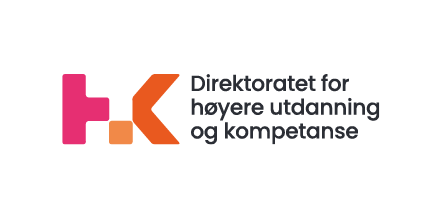Revisiting the English Textbook Accessibility based on the Universal Design Learning Principles
DOI:
https://doi.org/10.21776/ub.ijds.2022.009.02.08Keywords:
Universal Design Learning (UDL), English as a foreign language (EFL), Blind, InclusionAbstract
Textbooks based on the teaching and learning process should be relevant to any students including students with disability, there are a lot of textbooks that are not suitable enough to provide accessible material. The goal of this study was to evaluate Universal Design for Learning (UDL) concepts in 2 online modules on UDL that were taught over one semester alongside English as a Foreign Language (EFL) lectures. The module is divided into 10 chapters that each discuss one of five categories of exploratory texts. To clarify the ULD concepts used in the curriculum, this research applied Textbook analysis using the Center for Applied Special Technology (CAST 2018) design framework. The results demonstrate that more ULD concepts, which notably provide multiple means of engagement, representation, and action & expression, can be used to provide better accommodation for blind students to support inclusion in educational materials. In addition, a strong desire to use the UDL concepts in their future teaching is encouraged through university modules. There is a discussion of restrictions and repercussions.
References
AEM Center: What is Accessibility? Accessed in.cast.org
Black, R. D., Weinberg, L. A., & Brodwin, M. G. (2015). Universal design for learning and instruction: Perspectives of students with disabilities in higher education. Exceptionality Education International, 25(2), 1–26. https://doi.org/10.5206/eei.v25i2.7723
Divisi Layanan PSLD UB (2020). Laporan evaluasi pendampingan akademik mahasiswa dengan disabilitas. Malang: Pusat Studi dan Layanan Disabilitas, Universitas Brawijaya.
Khasanah, E. Z., & Salim, A. (2018). Cite this as: Khazanah, Esty Zyadatul, Salim Abdul. Inclusive Education: In Concepts, Policies, And Implementation. Indonesian Journal of Disability Studies (IJDS), 5(2), 166–169. http://ijds.ub.ac.id/
Lang, R., Kett, M., Groce, N., & Trani, J. F. (2011). Implementing the United Nations Convention on the rights of persons with disabilities: Principles, implications, practice and limitations. Alter, 5(3), 206–220. https://doi.org/10.1016/j.alter.2011.02.004
Lintangsari, A. P., & Emaliana, I. (2020). Inclusive education services for the blind: Values, roles, and challenges of university EFL teachers. International Journal of Evaluation and Research in Education, 9(2), 439–447. https://doi.org/10.11591/ijere.v9i2.20436
Downloads
Published
How to Cite
License
Copyright (c) 2022 Emeraldine Asanantha, Alies Poetri Lintangsari

This work is licensed under a Creative Commons Attribution-NonCommercial 4.0 International License.







